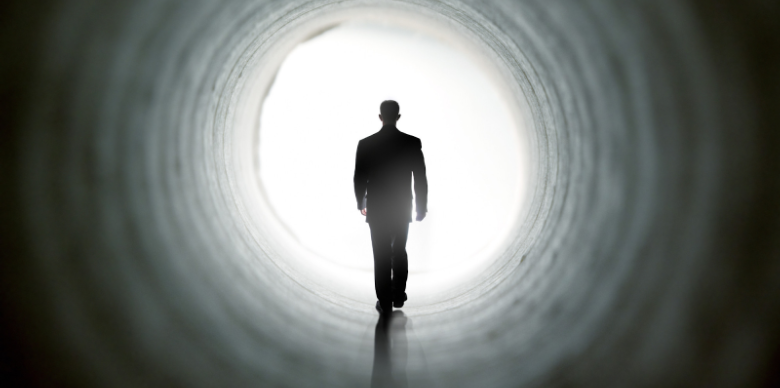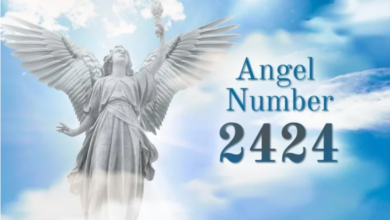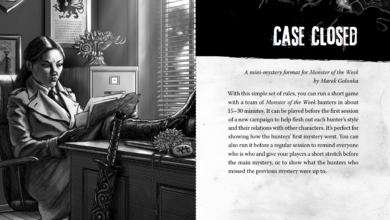What Happens When You Die: A Simple Explanation

Death is a natural part of life, but it is still something that many people find difficult to understand or talk about. “What happens when you die?” is a question that has been asked by many. Some think it’s the end, while others believe there’s more to it. Different cultures and religions have different answers, but science can also provide some insight into what physically happens when someone dies.
This article aims to explain in simple terms what happens when a person dies, based on both science and cultural beliefs. By understanding this, you can gain some peace of mind and better prepare for the inevitable. Let’s explore what death really means, both for the body and the spirit.
What Happens to the Body When You Die?
When a person dies, several things happen to their body. The first thing is that the heart stops beating. Without the heart pumping blood, the body’s organs stop working. After this, the body begins to cool down and stiffen. This is known as rigor mortis, and it usually happens a few hours after death. The body then starts to break down in a process called decomposition, where bacteria and enzymes begin to break down the tissues.
Physical Changes After Death
- The heart stops: No blood circulates through the body, and the organs stop functioning.
- Body temperature drops: The body cools to the temperature of the surrounding environment.
- Rigor mortis sets in: Muscles become stiff, usually a few hours after death.
- Decomposition begins: The body starts to break down into simpler substances, and this process can take weeks or months.
Understanding these processes can help people realize that death is not just an event but a series of biological changes.
Is There Life After Death?
When you ask, “What happens when you die?” the answer is not always just about the body. Many religions and cultures believe in an afterlife. This means that even though the body may die, the soul or spirit continues to exist in some form. For example, in Christianity, it is believed that the soul goes to Heaven or Hell. In Hinduism, some believe in reincarnation, where the soul is reborn into a new body.
Different Beliefs About the Afterlife
- Christianity: Many believe that the soul goes to Heaven or Hell based on their actions during their lifetime.
- Hinduism: Some believe in reincarnation, where the soul is reborn in another body.
- Islam: Muslims believe in an afterlife where people are judged and sent to either Paradise or Hell.
- Atheism: Some people do not believe in an afterlife and think that death is the end.
These beliefs offer comfort and hope to those who are grieving, providing the idea that death is not the end but a transition to something new.
What Happens to the Brain?
The brain is the control center of the body, and when a person dies, the brain stops functioning. The loss of brain activity marks the moment of clinical death. This means that the brain no longer sends signals to the body to breathe or move. Without brain activity, the body can no longer survive. However, there are cases of people being revived after a short period of clinical death, often referred to as near-death experiences.
Brain Activity After Death
- Immediate loss of brain function: The brain stops sending signals to the body.
- Near-death experiences: Some people report vivid experiences or a sense of peace before they are revived.
- Cessation of electrical activity: Brain cells begin to die without oxygen or blood supply.
It’s still a mystery what happens to the mind and consciousness after death. Some believe in an afterlife, while others think the end of brain activity marks the end of consciousness altogether.
What Happens to the Spirit?
While science explains what happens to the body, the question of the spirit is more personal and depends on individual beliefs. Many people believe that when a person dies, their spirit leaves the body and moves on to another place, like Heaven or reincarnation. Some people report feeling the presence of loved ones who have passed away, which suggests that they believe the spirit remains even after death.
Spiritual Beliefs Around Death
- Soul leaving the body: Many believe that the soul continues to live on after death.
- Heaven or reincarnation: Different religions have different beliefs about what happens to the soul.
- Spiritual experiences: Some people feel a connection with those who have passed, suggesting the spirit remains.
Belief in a spirit or soul is a source of comfort for many people, as it gives them hope that their loved ones live on in some form.
The Role of Grief After Death
When someone dies, the people who are left behind often experience grief. Grieving is a natural process that helps people come to terms with the loss of a loved one. Everyone experiences grief differently, but it is usually marked by feelings of sadness, anger, and sometimes even relief. The grieving process helps people cope with the finality of death and can last for a long time.
Stages of Grief
- Denial: The person may not believe the death has happened.
- Anger: The person may feel angry at the situation or at themselves.
- Bargaining: The person may try to make deals in their mind, wishing they could change the outcome.
- Depression: A deep sadness may set in as the person comes to terms with the loss.
- Acceptance: The person comes to terms with the death and begins to move forward.
It’s important to understand that grief is different for everyone. Some may find peace quickly, while others may struggle for years. There is no right way to grieve.
Conclusion
In conclusion, when a person dies, their body goes through several stages, including the stopping of the heart, rigor mortis, and decomposition. The brain ceases to function, and depending on one’s beliefs, the spirit may continue on in an afterlife or reincarnation. Death is a complex process that touches not only the body but also the soul and the emotions of those who remain behind.
While death can be a difficult subject, understanding what happens after we die can help people cope with the loss of loved ones. Whether you believe in an afterlife, reincarnation, or that death is the end, knowing that death is a natural part of life can bring peace.
FAQs
Q: What happens to the body when a person dies?
A: The body stops functioning, the heart stops beating, and the body begins to cool down. Over time, it stiffens and decomposes.
Q: Is there life after death?
A: Many believe in an afterlife, such as Heaven, Hell, or reincarnation, while others think death is the end.
Q: How does the brain react when someone dies?
A: The brain stops all activity, and the body can no longer function without its signals.
Q: Does the spirit live on after death?
A: Many cultures and religions believe that the spirit continues on after death, but this is a matter of personal belief.
Q: Why do we grieve after someone dies?
A: Grief is a natural response to loss and helps people cope with the emotional impact of death.



